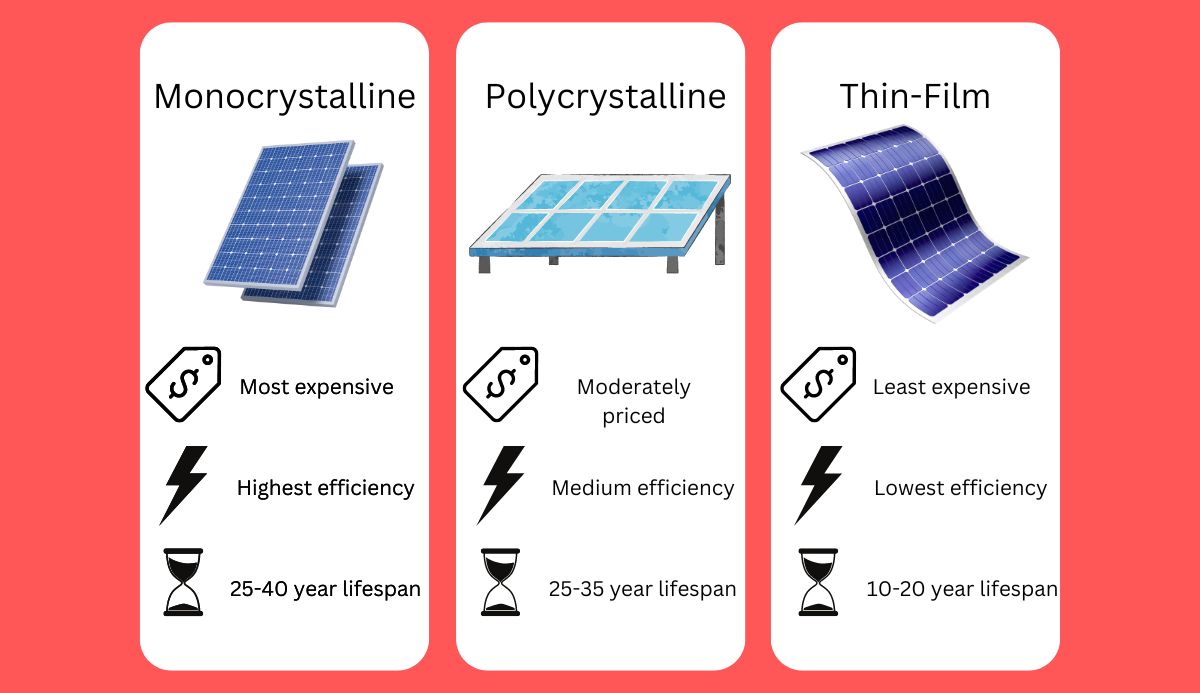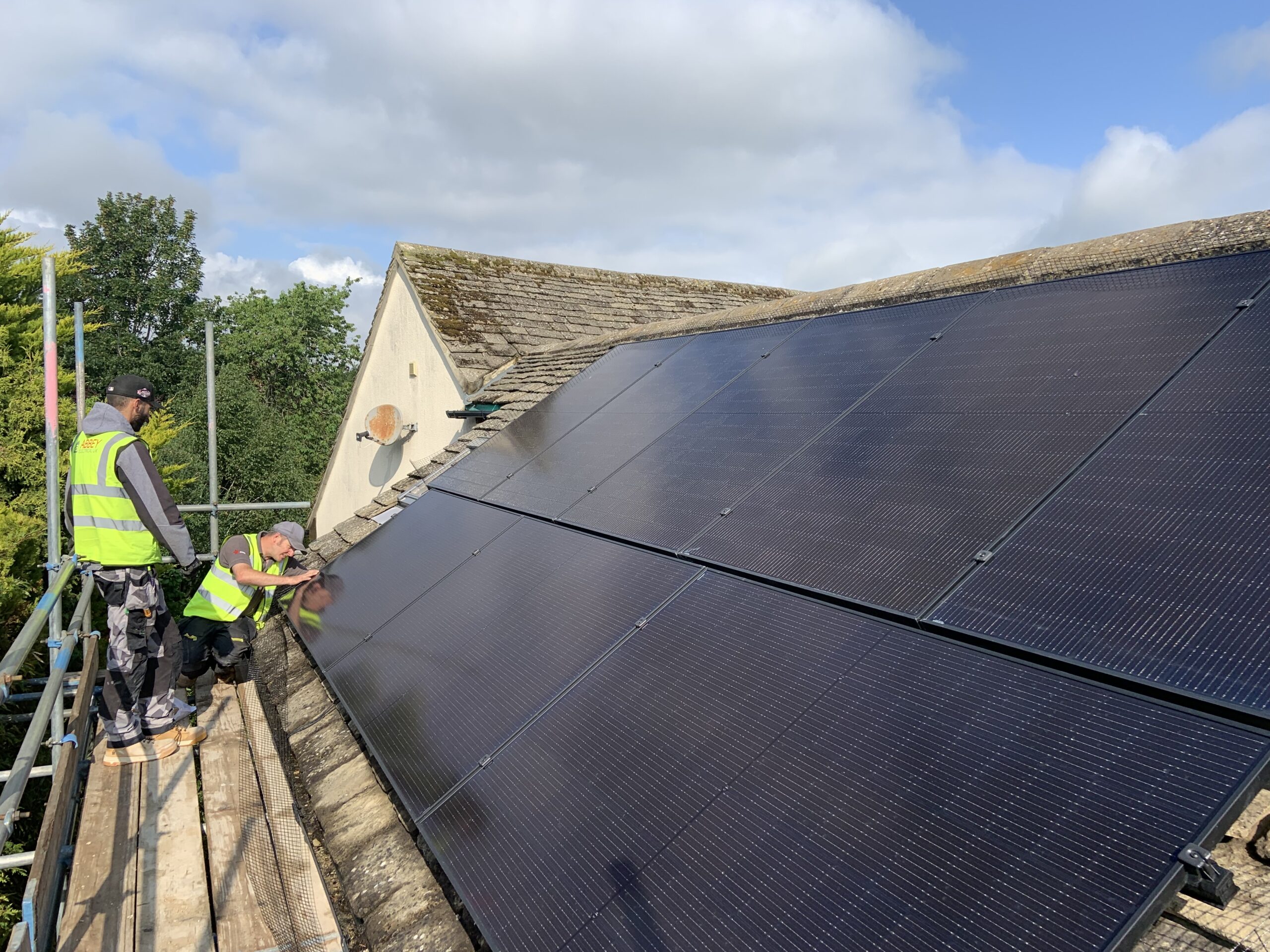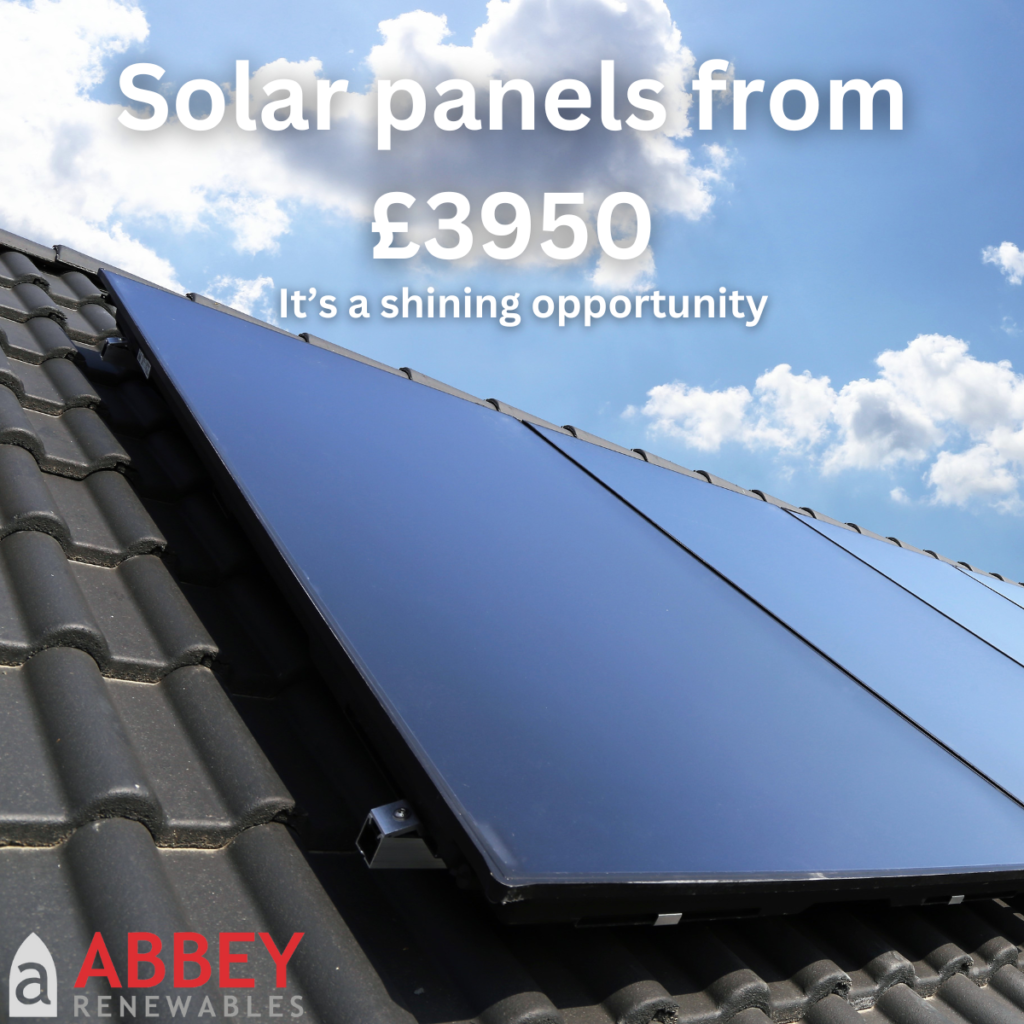Whether you are a complete beginner when it comes to solar or a master this solar guide will provide you great value. Our aim is to squash some of your concerns about solar and open your eyes to the extensive possibilities of solar power.
The first step to understanding solar is understanding what it is and the main benefits of it.
The Main Benefits of Solar
There is an extensive list of benefits for solar but we don’t have all day so here are the top 5.
Savings – As energy prices continue to rise the amount of savings you can get from solar rises as well, this makes solar a great long-term saving option.
Increased Home Value – Solar panels can increase home value according to Checkatrade a 4% – 14% is possible however some experts say solar won’t add any value in the immediate future
Less Grid reliability – People often overlook this benefit but when disruption in the grid occurs and your lights go out your solar panels will keep your house running
Low Maintenance – Solar doesn’t require much maintenance other than the occasional clean which is relatively cheap costing £5 – £10 per panel and installers like us offer warranties upwards of 30 years.
Environmental Benefit – Solar panels produce renewable energy this means that no green house gases are produced reducing your carbon footprint.
Different Types of Solar Panels
There is loads of different types of solar panels such as Tile solar panels or transparent panels but the 3 most common types are Monocrystalline, Polycrystalline and Thin-Film.

Monocrystalline
Monocrystalline cells are easy to identify as they have a distinct black colour. They are made out of a very pure form of silicon causing them to be the most efficient type of solar panel. The expected life expectancy of these types of panels is up to 40 years. However, because these panels are the most efficient and have a long life span they are the more expensive option.
Polycrystalline
These panels are made from multiple silicon crystals which are melted together this is what gives them their blue hue, Their efficiency is usually around 15% – 17% but these panels are a cheaper alternative to Monocrystalline if you don’t have the budget.
Thin-Film
Thin-film panels are good if you have a lot of space and not as much money this is because they are cheap due to their low efficiency, to compensate for the low efficiency you have to have a lot of them to meet your energy needs.
Calculating Your Energy Needs
When making the decision about your desired solar panel system its essential that you know how much energy you use so you don’t overspend or get a system which doesn’t meet your needs. To calculate your energy needs you can use an online calculator. Once you know your energy needs you can work out what size system you need or you can contact us and we will come out for a free survey.
Maintenance & Monitoring
Maintenance is crucial when it comes to solar as maintaining the panels efficiency ensures the greatest ROI. To maintain your panels regular panel cleaning is recommended. it is important to monitor your panels performance between cleans.
Panel Cleaning
Solar panel cleaning can be done by yourself, but is recommended to be done by a professional company as getting on your roof can be dangerous. It’s recommended to have your solar panels cleaned twice a year in the UK.
How To Monitor Performance
As solar panels are a big investment its important to be able to and know how to track the performance of them, typically during the installation of your system a solar monitor is installed or if its not it can installed later on. This will allow you to track the performance through your phone.
Get A Quote
Solar Installation
The process of solar installation can be overwhelming at Abbey we like to break it down into 4 simple steps.
Step 1: After you fill out the contact form we will be in touch to come out for a survey this is a quick easy process.
Step 2: Upon survey completion, we will prepare a proposal taking account of your requirements. Multiple options can be prepared.
Step 3: Following the acceptance of the proposal, we shall schedule the work to suit you. Project durations do vary depending on size and complexity.
Step 4: Once your solar is installed we will give you all the paperwork you need and you can enjoy your savings.

The Cost of Installing Solar
It’s important when considering solar to understand the costs that come with it so you can assess whether its viable for you and your home. The main factors which affect the cost of your solar system are your system size, whether you are having a battery or not and the accessibility of your roof.
A typical solar system (4kW) will cost around £9,000 – £10,000 this includes materials and installation and if you get a battery this cost will increase.
However some systems can be bigger or smaller so prices really do vary

How Long Does It Take For Solar To Pay For Itself
According to GreenMatch you can save between £440 – £1,005 per year purely on electricity costs meaning you will break even in 12 – 17 years, However this doesn’t factor in the savings you can make from the Smart Exposure Guarantee, a government-backed scheme, This could reduce the amount of time for solar panels to pay for themselves by 50%.
Solar Energy Storage
When it comes to solar, storage is very beneficial as it allows you to maximise the energy you are producing as you can store any excess energy produced during the day and use this at night, this means that you are less reliable on the grid and in turn save more money.
Batteries
Choosing the right battery for your systems needs is important. Lithium-ion batteries are recommended for your typical home solar system if they are being charged daily. However if you are using your battery as a backup system a lead-acid battery is suitable.
The size of the battery you get is dependent on the size of your solar system and the output it produces. An output of 6-10kWh/day would warrant a 8-9kWh Battery and an output of 20-25kWh/day would warrant a 20-21kWh battery. However a more accurate battery size can be given after a site survey is carried out by one of our team.
Common Myths of Solar
As the idea of solar is relatively new to most people there is a lot of myths that go around, we’re going to cover what we believe to be the most common myths of solar.
Solar panels don’t work in the cold
Because we commonly associate heat and light people think that if its cold solar panels wont work or be as efficient. However this isn’t true, an increase in temperature can reduce the panels efficiency.
Solar is expensive
Solar can seem like a large investment at first when you don’t know all of the benefits and how quickly you can get your money back from the savings on electricity bills and the Smart Exposure Guarantee.
There are also lots of grants available for solar which are dependent on your situation.
It is difficult to get permission to install a solar system
Now this is dependent on your property and area, however in most cases you will not need planning permission to have solar panels installed if they are installed on a dwelling and not visible from a road.
Properties which are likely to require planning are
- Listed Buildings
- Flats
- Properties in conservation areas

